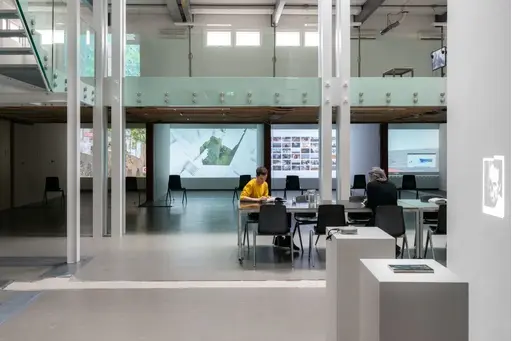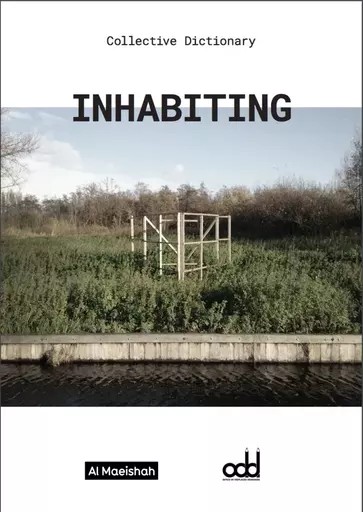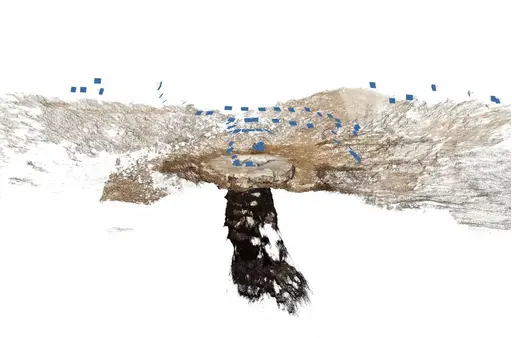
Made possible by
With Ariel Caine (Forensic Architecture, London), Jessica de Abreu (The Black Archives, Amsterdam), and Yasmine Eid-Sabbagh (artist and researcher, Tyre)
Archives are repositories for potential futures. Meticulously and laboriously assembled, they contain truths yet to be articulated, histories yet to be written. However, as the cinematic representation of dusty, overflowing archives attest to, the presence of a document in no way guarantees it being read. Archives need to be activated for their stories to be told. No longer confined to municipal storehouses and tied to governmental power, they are spaces whose design shapes access and whose assembly shapes their publics. What an archive can do is simply the question of what the archive could be.
Focusing on the evidentiary method of archiving, Ariel Caine presents Ground Truth, 2017–ongoing, a project that provides historical and juridical evidence on behalf of communities in the illegalized Palestinian Bedouin villages in the northern threshold of the Negev/Naqab desert. Jessica de Abreu presents The Black Archives’ work documenting the history of black emancipation movements and individuals in the Netherlands. Yasmine Eid-Sabbagh discusses her research and interventions which address the political implications of a collection of digital photography originating from Burj al-Shamali, a Palestinian refugee camp in Southern Lebanon.
Part of Propositions #7: Evidentiary Methods
Propositions #7: Evidentiary Methods—the public program in the context of the exhibition Forensic Justice and part of the BAK series Propositions for Non-Fascist Living (2017–2020)—expands upon the notion of forensic justice in a series of lectures, screenings, and workshops on methodologies for articulating claims within the multidimensional space of aesthetics, law, architecture, politics, and ecology. The series deepens the understanding of works by, or made in collaboration with, Forensic Architecture, including investigations that are not presented in the exhibition. Focusing on techniques and innovative evidentiary methods at the intersection of law, art, politics, and the changing media landscape employed in the forensic practice, the gatherings create a space for dialogue and exchange between concrete cases examined by Forensic Architecture and other ongoing political struggles in the Netherlands and beyond. The series is conceived in collaboration with Nick Axel (architectural theorist, Amsterdam).
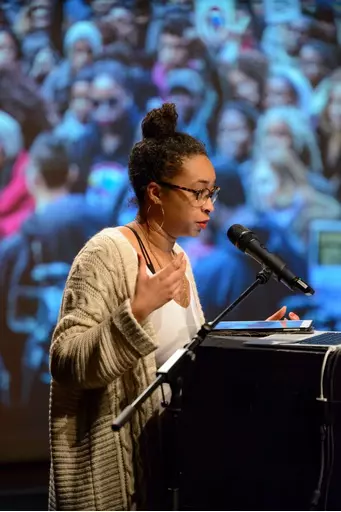
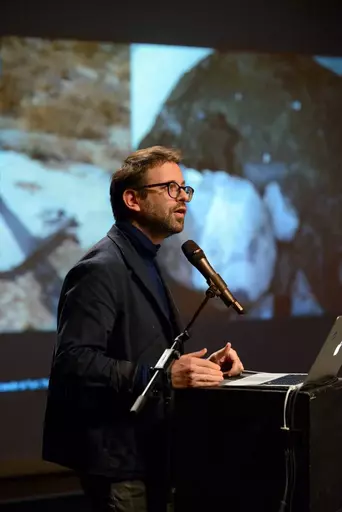
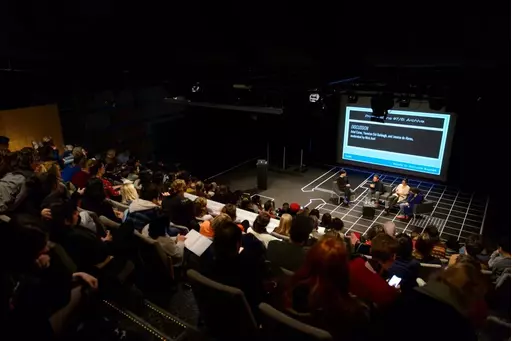
Long-Term ProjectPropositions for Non-Fascist Living
related
